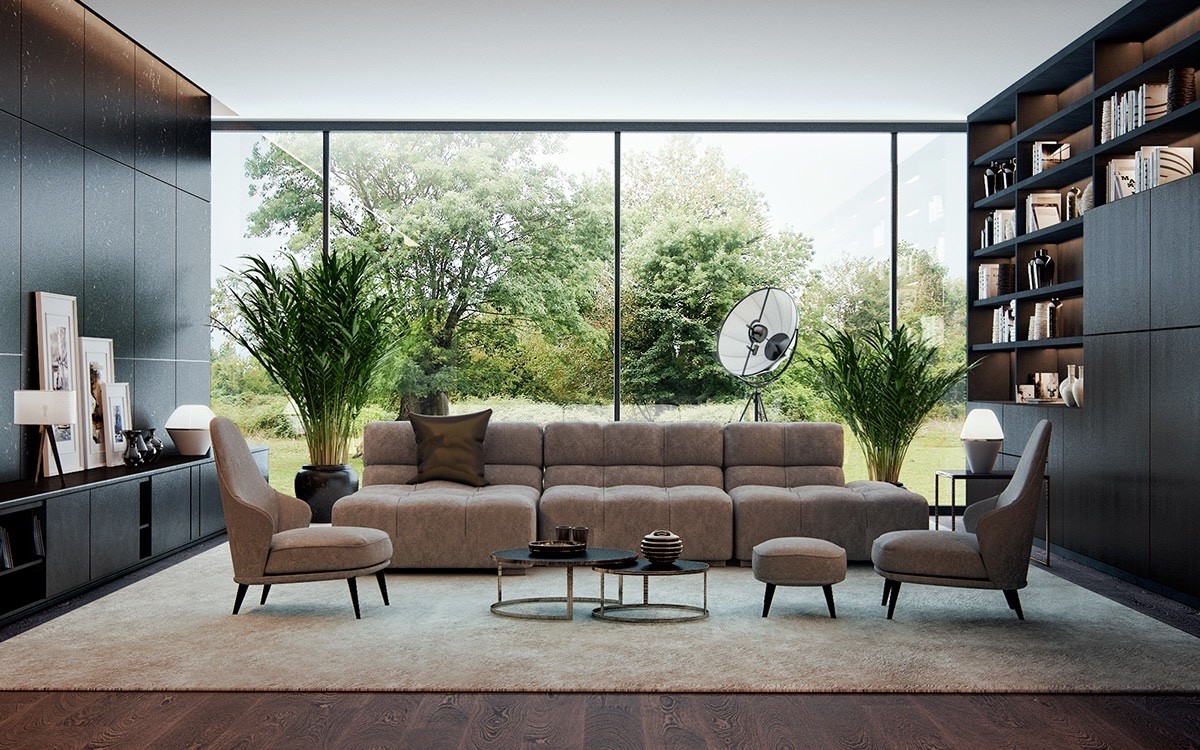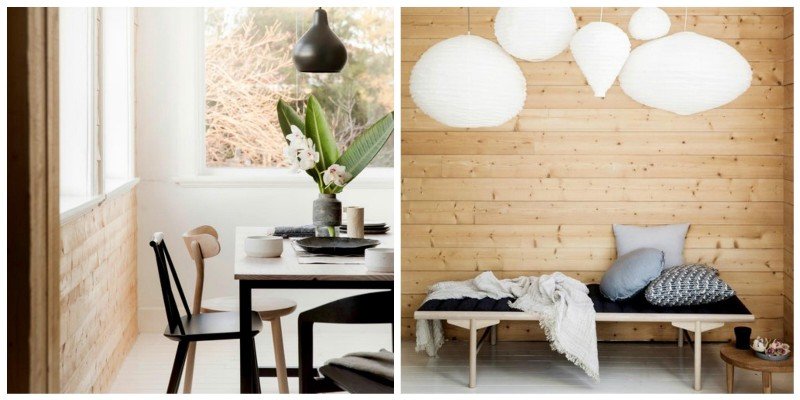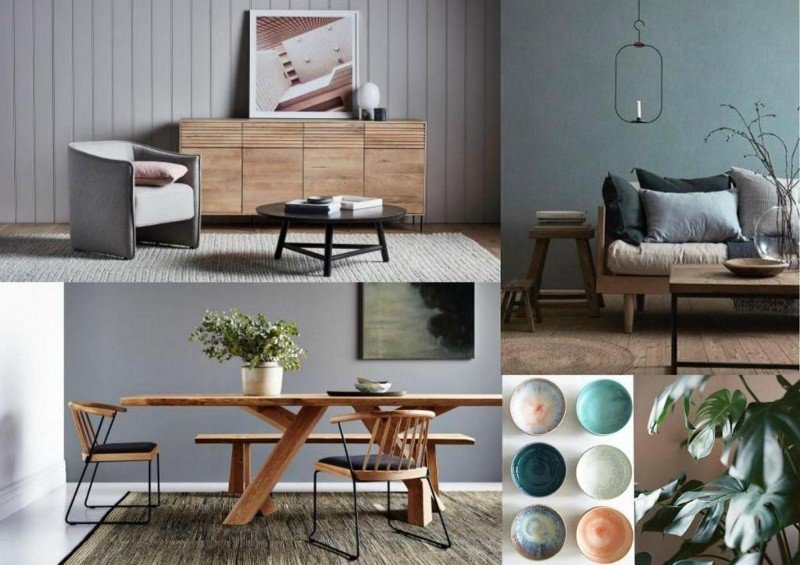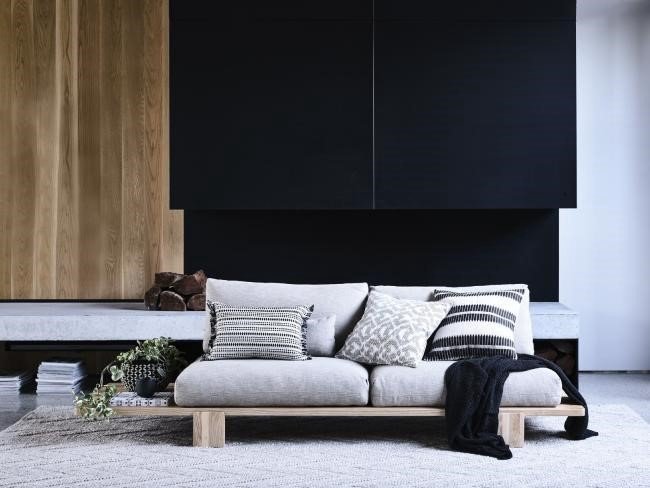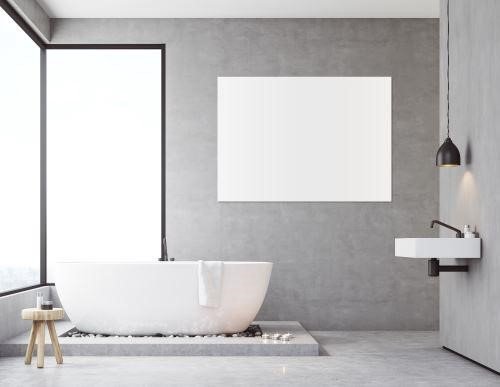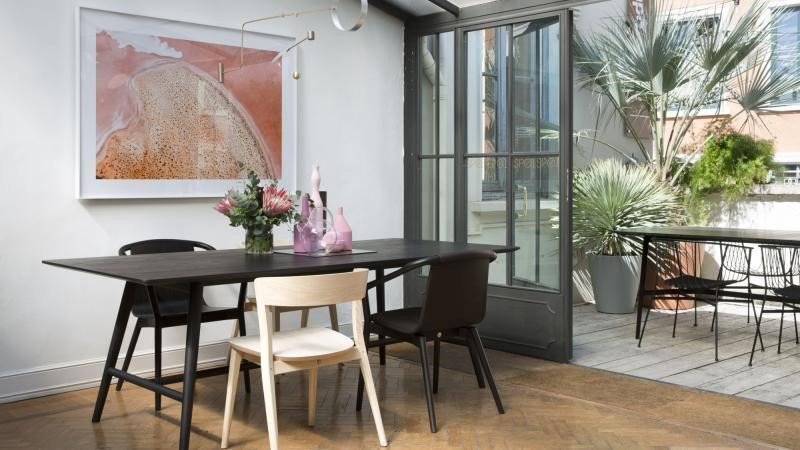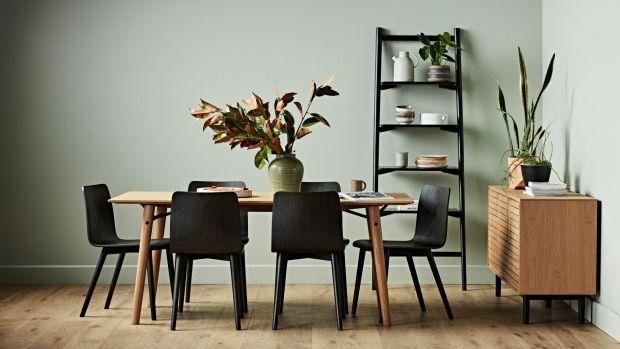Have you ever wondered what would happen if you threw together equal doses of Japanese and Scandinavian design? Apparently, you’re not alone. One of the hottest trends making big waves in the home décor arena, Japandi is a handsome amalgamation of two geographically distant yet stylistically akin design formulas of Japanese. From soul-deep passion for minimalism and nature to no-frills layouts and dramatic contrasts, the suave Franken-style looks like it may soon set new standards in home luxury and comfort. If you want to learn more about the chic style, here are a few smart cues you may find useful.
Where minimalism and elegance collide
Minimalism is a trait common to Japanese and Nordic design, and it’s one of the cornerstones of their stylistic progeny, too. The hybrid style emphasizes simplicity, sleek lines, and pared-down décor: just like in native Scandinavian and Zen interiors, functionality beats fancy flourishes and frills in Japandi-styled homes. To achieve the Japandi look, do away with clutter, let natural light flood the room, and swap ornaments for a couple of statement pieces to make the décor simple yet impactful and aesthetically cohesive.
Press color contrast for more drama
Simplicity might shine at its brightest in Japandi, but minimalism would still come across as dull, especially if paired with a monochromatic color palette. Pastels are often used in Nordic homes to set the vibe to light and airy, but statement furniture in dark or vibrant colors won’t go amiss in a Japandi home either. Dramatic accents and unexpected color blends are often employed to infuse Japandi-styled quarters with a dose of aesthetic contrast and bring out the finest features out of a clutter-free backdrop centered on neutrals and abundant sunlight.
Natural materials in a chic paint coat
Another feature Nordic and Japanese design have in common, employment of natural materials is a standard in Japandi. Pieces from dark and whitewashed wood are deftly juxtaposed for peak aesthetic interest. Timber is sometimes even used for bathroom flooring to contrast a white or neutral-hued freestanding bath.
Apart from wood, Japandi designers like to use other natural materials such as stone, ceramics, and organic fabrics in pastel colors. It infuses living areas with a touch of Scandinavian-inspired rugged elegance.
Green pieces for charm and freshness
Mother Nature abides in a Japandi-styled home in the shape of indoor plants and mini botanical gardens. Apart from living rooms and areas al fresco, greenery is often found in the bathroom and kitchen. But unlike in Scandinavian homes, plants favored by Japandi designers are slightly different size- and color-wise. Instead of Nordic designers, the hybrid style relies on imposing plants without blossoms that often grow in simplistic ceramic pots and double as graceful room centerpieces.
Warm up with the right accessories
The Japandi formula seems a bit too austere for your taste, you can spice it up with a few handpicked accessories. It’s originated from Scandinavian and Japanese design, such as an authentic tatami mats, Oriental tapestries. Dark leather upholstery will also look at home in a Japandi room if used with taste and in moderation. The vintage and mid-century modern pieces can be employed to define the backdrop. It’s necessary for creative design experiments with colors, textures, and materials.
Japandi is one of the stylistically most versatile blends of ethnic décor styles. They have started gaining momentum on the interior design scene in the past few years. Characterized by a love for all things minimalist and natural, Scandinavian emphasis on function over form. It respects for beauty of the imperfect inherited from Japanese design. Japandi will probably stay on trend for years to come. If you’re looking for a style to follow in the home remodel, let’s give Japandi a serious thought. Good luck with your home makeover!
